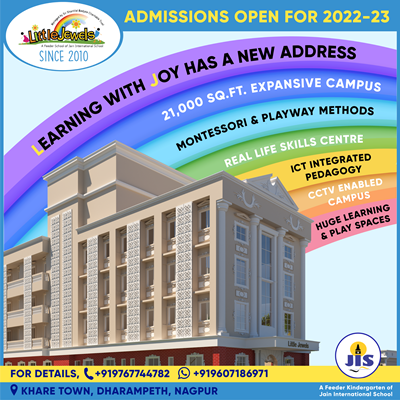A delegation of Chamber of Associations of Maharashtra Industry & Trade (CAMIT) led by President, Dr. Dipen Agrawal and Chairman Mohan Gurnani along with Bombay Metal Exchange (BME) and Metals Recycling Association of India (MRAI) met Dr. Bhagwat Karad, MoS Finance, GOI at Mumbai today.
The delegation welcomed Dr. Karad with Shawl, Shreefal, floral bouquet and submitted memorandum, highlighting the hardship faced by business community due to Section 16(2) of Central Goods & Service Tax Act (CGST Act). Dr. Karad was also requested to frame recycling policy for non-ferrous metal, to attain the aims of the circular economy.
Dr. Dipen Agrawal said that, CAMIT appreciates the sensitivity shown by government in addressing the concerns of business community raised time to time regarding implementing Goods & Service Tax. Highlighting the adverse effects of Section 16(2)(c) of CGST Act, 2017 Dr. Agrawal said that, it is one of the harshest and scariest provisions of the GST laws and it is nightmare for the honest taxpayers. According to this provision availement of ITC by the purchaser is contingent upon payment of tax by the seller, either in cash or through utilisation of admissible ITC in respect of the said supply. It is beyond comprehension how is it possible for purchaser to ensure that the tax collected from him has been actually paid by the seller in the government treasury or not.

Mohan Gurnani said that, government should ask bureaucrats 1) whether there any mechanism or module in the hands of purchaser to know whether the seller has paid the tax or his ITC is admissible, 2) whether purchaser is bestowed with any legal authority to ensure this compliance by the seller, 3) whether purchaser can sue the seller for not paying the tax and get immediate justice, 4) whether purchaser is placed in a superior economic position vis-a-vis the seller as far as dictating terms are concerned, 5) whether purchaser take the role of an enforcement agency, 6) whether can a layman purchaser command the seller that the purchaser would pay the tax only when seller proves that he has already paid it to the government and 7) whether purchaser can withhold the payment of tax and take it upon himself to pay the same directly to the government on behalf of the seller. If no affirmative answers are given to above questions, then the provisions of Section 16(2)(c) should be immediately reviewed and interest of honest taxpayer should be protected, because law cannot compel a man to do what he is incapable to do, added Mr. Gurnani.
Dr. Karad stated that Narendra Modi government is committed to resolve the issues of GST to satisfaction of trading community and he is convinced that, section 16(2)(c) needs to be amended as the innocent taxpayers should not be burdened with unnecessary compliance for no fault on their end.
Rikab Mehta said that, India needs to enhance Circular Economy by framing recycling policy to minimise carbon emissions and negative impact, on the environment. Highlighting the potential of non-ferrous recycling industry, he said that 35-40% average contribution to the total output of all non-ferrous metals; 25000 micro, small & medium units giving direct/indirect employment to over 20 lakh persons; about 30% of the workforce are skilled women, who specialise in scrap metal sorting; there is almost zero waste discharge and the carbon footprint is about 5-10% compared to primary production through ore reduction.
Sandeep Jain informed Dr. Karad that NITI Aayog has already recommended a Circular Economy Policy for Recycling Industry in April 2022. Having regard to governments initiative on Circular Economy, there is urgent need to make a policy which will enable scrap aggregators to shift from unorganised to organised sector.
Hemant Parekh said to felicitate the transition, provisions of GST & Income Tax laws needs’ to be relaxed. He suggested, to scrap purchased from unregistered dealer, should be exempted provisions of TDS & TCS; under GST tax should be charged, at first stage of transaction i.e. on purchase from unregistered dealer, through Reverse Charge Mechanism (RCM); threshold limit of turnover in case of scrap aggregator be increased from 40 Lacs to 60 Lacs; jurisdictional officer should be held accountable if they fail to take time-bound action against defaulters; system should be designed for early detection of defaulter.
Dr. Karad said he shall ensure that government forms a scrap recycling policy specially for metal scrap processing.
Mitesh Prajapati proposed vote of thanks on behalf of the delegation. Sandeep Jain, Sushil Kothari, Mahendra bhai Mehta, Atul Goyal, Shravan Aggarwal and Pramod Shinde were prominently present in the meeting informs a press release issued by CAMIT.
👉 Click here to read the latest Gujarat news on TheLiveAhmedabad.com




